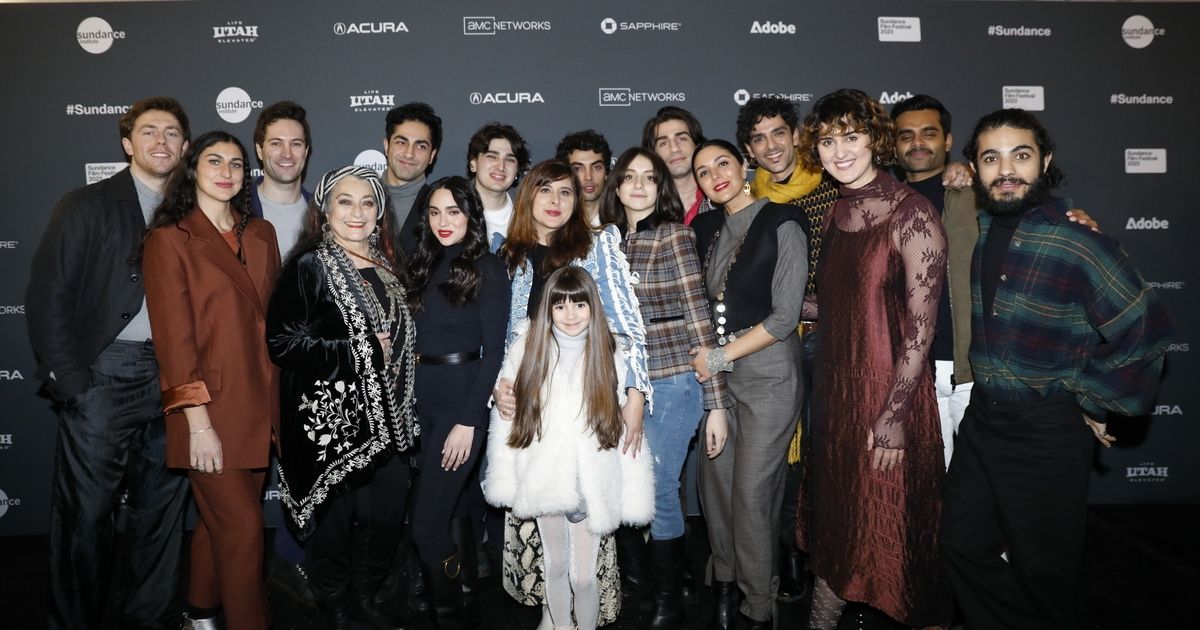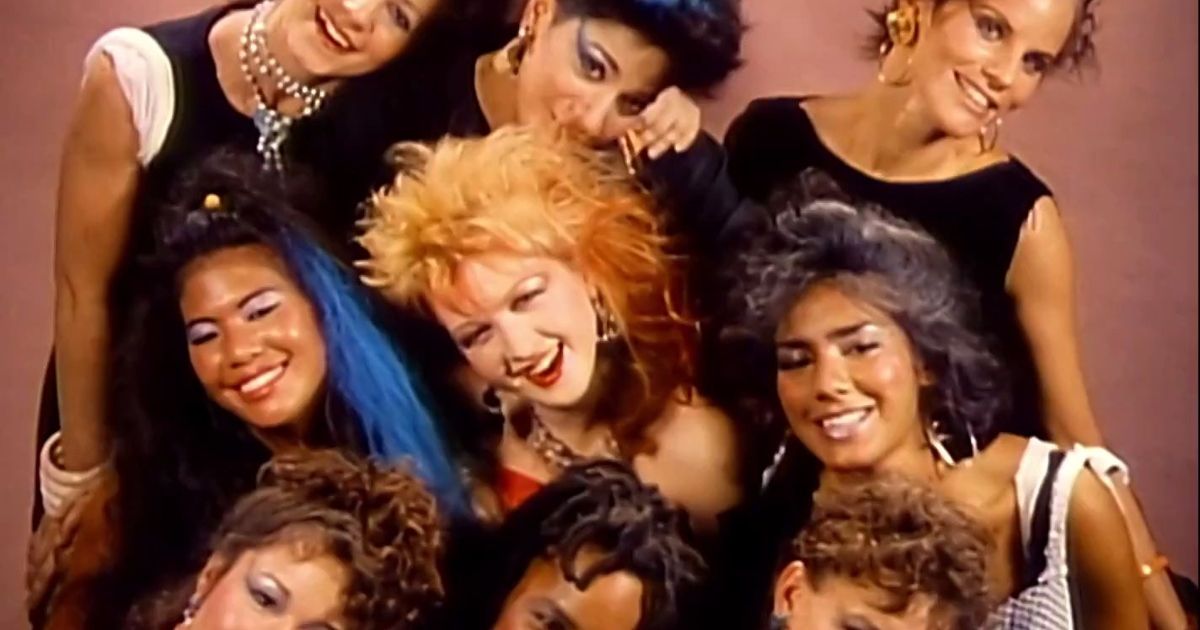Maryam Keshavarz was coming out of an undoubtedly exciting weekend at Sundance Film Festival when we met over Zoom earlier this week. Her latest film, The Persian Version, had just made its premiere as part of the festival’s U.S. Dramatic Competition Program, and was screening for audiences every day leading up to our interview. More than just the audience’s glowing reaction to her film — “They were laughing, clapping, dancing,” she said — what made this moment especially meaningful was what The Persian Version represented for her. “I wanted to get back to my roots in making this film, about what’s important to me as a writer and artist, and talking about my community.”
The Persian Version is a family dramedy that finds Leila (Layla Mohammadi) at odds with her mother, Shirin (Niousha Noor), when she and her brothers return home to New York City in support of their father’s (Bijan Daneshmand) heart transplant. Leila’s relationship with her mother has been less-than-agreeable for as long as she can remember, and she gave up trying to figure out why a long time ago. It isn’t until a secret she has been keeping from her family gets revealed that Leila learns about her mother’s own similar circumstances from her life back in Iran. New truths offer new perspectives for both mother and daughter, allowing for the possibility of healing — if only both are willing to take that step towards each other.
“It’s largely autobiographical,” said Keshavarz, detailing where the idea for The Persian Version first came from. Indeed, some time ago, her grandmother revealed to her a long-held family secret that compelled Keshavarz to rethink her life in many ways. “As immigrants, we have this identity that’s very much based on a story of why we came to America and the West. And when my grandmother revealed this big secret, [it] upended my identity in some ways. I thought it’d be a really good framing device for [Leila] to be going back and forth in time to try to understand what the truth was.”
Making the Movie She Wanted to See
While we’ve seen many American-produced movies about the immigrant experience, from Minari to the recent Everything Everywhere All at Once, none are like The Persian Version. Keshavarz’s film is a singularly comedic take on an Iranian family’s journey to a new life, populated by the vibrancy of 80s music and fashion and anchored by heartfelt performances. “It’s a film I’ve always wanted to see,” said Keshavarz. “It’s like the epic immigrant story that bridges Iran and the U.S. and shows both stories, the Iranian and Iranian-American experience.”
Of course, making a film that covered major temporal and geographical ground — jumping back and forth between the 1960s and 2000s in both Iran and the U.S. — wasn’t without its production challenges, especially for an independent film. “I did all the things you’re not supposed to do: children, animals, multiple countries, multiple languages. I definitely couldn’t have made this film early in my career. It’s a very technically-challenging film from a filmmaking perspective, also from a writing perspective.” At this point, Keshavarz detailed how she put together books for every department, from hair to production design, all of whom, in turn, sent over their own books with ideas for every detail down to the wallpaper in Leila’s family home.
This was all, of course, in service of imbuing The Persian Version with an authenticity and lived-in quality that spoke to Keshavarz’s own life, a care that extended to her characters as well. In fact, what’s refreshing about The Persian Version is the way in which Keshavarz, who identifies as bisexual, presents Leila’s queerness as an irrefutable aspect of her identity, but never in contention to her cultural identity. “It’s not usually how we see it, right?” asked Keshavarz rhetorically. “It was really important for me to move beyond that traditional narrative and go to the next level, particularly for Leila. She’s someone — I’m someone — who’s never seen it as a zero-sum game. I never thought I had to lose my Iranian or Muslim identity because I was queer.”
Girls Just Want to Have Fun
“I used to smuggle music to Iran,” Keshavarz said, which is actually a moment we see play out in The Persian Version. A young Leila, during one of her mother-daughter trips from New York to Iran, stuffs a Cyndi Lauper cassette tape under her clothes so that she and her friends back home can dance to “Girls Just Want to Have Fun.” For Keshavarz, it was the song’s music video, particularly the pops of color, the different gender expressions, the diverse cast of actors and dancers, that caught her eye. In a full-circle moment, the end of her film sees one of her leads, Niousha Noor, singing the Persian version of Lauper’s song, as the cast breaks out into a fun musical number.
Considering Keshavarz participated in Sundance’s Women’s Day Celebration (which included Iranian women directors Sierra Urich and Noora Niasari), on the weekend that the Bigger Than Roe Women’s March happen across the U.S., while women-led protests in Iran push on, it’s not insignificant to have The Persian Version end with Lauper’s anthem, even if it was accidental. “I shot this way before I knew what was happening in Iran in terms of the uprising, but the uprising has been ongoing for decades,” said Keshavarz. “The song felt like the perfect ending of this connection of East meets West, Iran meets the U.S. — women just celebrating each other. At the premiere, people were clapping and dancing, and that’s what I wanted: I wanted joy to end the film.”
The Persian Version is currently playing at Sundance. Visit the festival’s website for scheduling details.
Stay connected with us on social media platform for instant update click here to join our Twitter, & Facebook
We are now on Telegram. Click here to join our channel (@TechiUpdate) and stay updated with the latest Technology headlines.
For all the latest Education News Click Here


